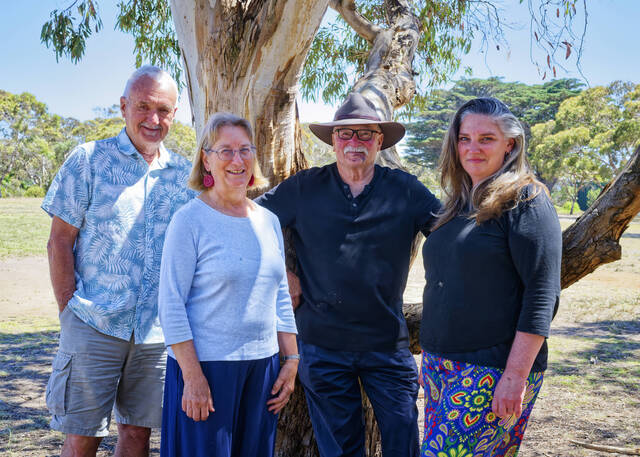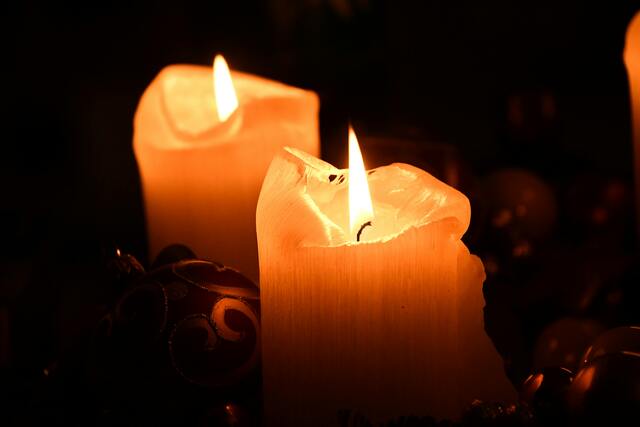The state government has rejected a proposed ban on recreational duck and quail hunting, creating mixed feelings in the Geelong community.
The government announced that it would not change its position on Monday, January 29, following the Parliament’s Inquiry into Victoria’s Recreational Native Bird Hunting Arrangements.
Geelong Field and Game president Luke Mifsud said it was “relieving” to hear that the bird hunting season would continue but understood the concerns of the ban’s supporters.
“It’s always going to be on a knifes edge with hunting… but, hand-on-heart, I’m definitely an advocate for calling out people when they do the wrong thing,” he said.
“We want to stamp it out, as we don’t like the bad behaviour or people doing the wrong thing. We want people to respect the outdoors, the laws, and the ducks.
“It might sound contradictive, but it’s a win for the ducks, because our members…are going to keep working towards making sure the wetlands are in good condition and the ducks are still breeding.”
The government’s decision will allow the hunting season to continue at Lake Connewarre, Reedy Lake, and Hospital Swamp from April 10 to June 5 and will operate under new changes.
Start times will begin at 8am for the entire season with a daily bag limit of six ducks per day, and the blue-winged shoveler and hardhead cannot be hunted due to their threatened status.
Geelong Duck Rescue leader Natalie Kopas said the band’s rejection was a “slap in the face” for wildlife rescuers and Victorians, but the decision wouldn’t stop the group’s volunteers.
“They’re (duck shooters) going to be feeling even more entitled because they feel like they’ve won and that just means more wounding, more cruelty, and less safety for people and ducks,” she said.
“We are exploring every possible legal avenue and any possible, however far-fetched, idea there could be for challenging it because this is not what Victorians want.
“Our volunteers are as determined as ever. We will return to the wetlands during the duck shooting season to save as many native animals’ lives as we can.”
Further improvements from 2025 would include mandatory education and training for hunters, stricter compliance levels, a lead shot ban for quail hunting, a Waterfowl Wounding Reduction Action Plan, and greater recognition of Traditional Owners’ hunting and land knowledge.









